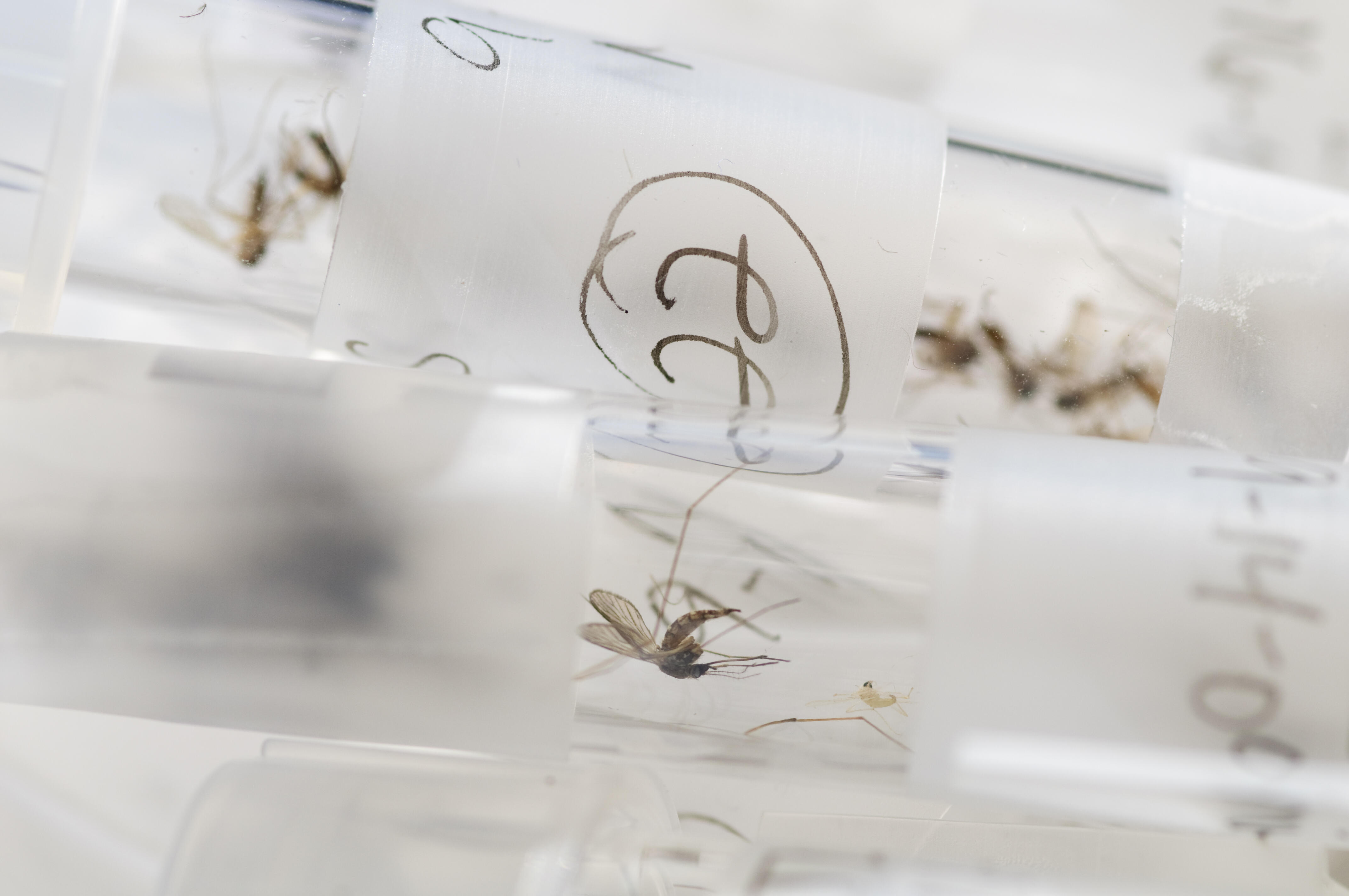
The Department of Vector Biology is a world leader in studies of insecticide resistance with a particular focus on identifying the molecular mechanisms of insecticide resistance, and developing diagnostic assays and tools to aid resistance management
Working primarily on Aedes, Culex and Anopheles mosquitoes, and phlebotomine sandflies, our projects employ a diverse range of methodologies for candidate discovery and functional validation including microarrays, RNAseq, genomewide association studies, in vitro metabolomics, transgenesis, and whole genome sequencing, especially via the Wellcome Trust Sanger Institute Anopheles gambiae 1000 genomes consortium project, co-led by LSTM.
Researchers have identified many of the major genes responsible for resistance to the key classes of insecticides used to control major insect disease vectors. In addition to diagnostic design for resistance monitoring, this knowledge informs the planning of insecticide resistance management programmes and feeds into design of novel insecticidal interventions.
Members of the department have also been taking complementary approaches to understand the impacts of insecticide resistance on disease control and to evaluate the performance of new tools to combat resistant populations.







